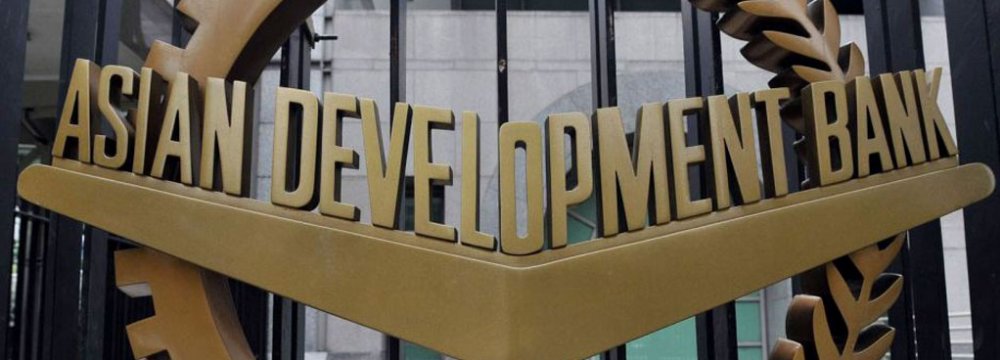Moody’s recent decision to upgrade Pakistan’s long-term sovereign credit rating from Caa3 to Caa2 is a significant boost for the country. This upgrade, along with a positive revision of the economic outlook, follows a similar move by Fitch. The improvements are attributed to Pakistan’s enhancing macroeconomic conditions, particularly its liquidity and external financial position, which have strengthened following a staff-level agreement with the IMF for a $7 billion bailout.
Despite this upgrade, Pakistan’s rating remains within the “speculative grade” category, reflecting ongoing concerns about debt affordability and high debt sustainability risk. Nevertheless, Moody’s notes a reduced default risk, although the nation’s interest payments will continue to consume approximately half of government revenues over the next two to three years.
The upgraded credit rating is expected to reduce Pakistan’s country risk premium and boost investor confidence. The stock market responded positively to the news, as Moody’s decision alleviated uncertainties surrounding IMF loan approvals.
This rating improvement is crucial for the government’s efforts to access global bond markets and secure fresh funds for the upcoming fiscal year. With a better credit rating, the government will have the leverage to negotiate more favorable terms and lower interest rates with foreign commercial banks as it seeks to raise $4 billion.
However, Moody’s, like Fitch, has cautioned that challenges remain. There is uncertainty about the government’s ability to sustain and implement necessary reforms, particularly revenue-raising measures, without causing social unrest. Delays or failures in implementing reforms could lead to interruptions in financing from multilateral and bilateral partners, elevating investment risks.
The government must avoid any deviations from IMF-mandated reforms to ensure continued financial support, meet external debt obligations, and build up forex reserves. While Pakistan’s economic situation has improved significantly over the past year, it still relies heavily on international assistance to maintain stability.





